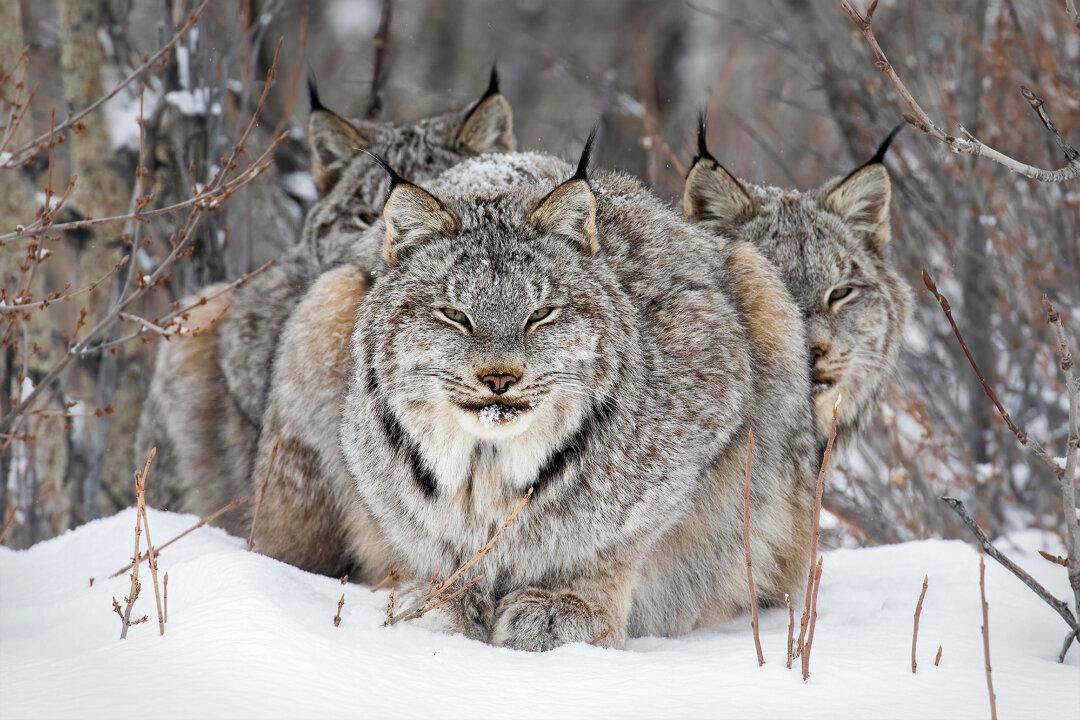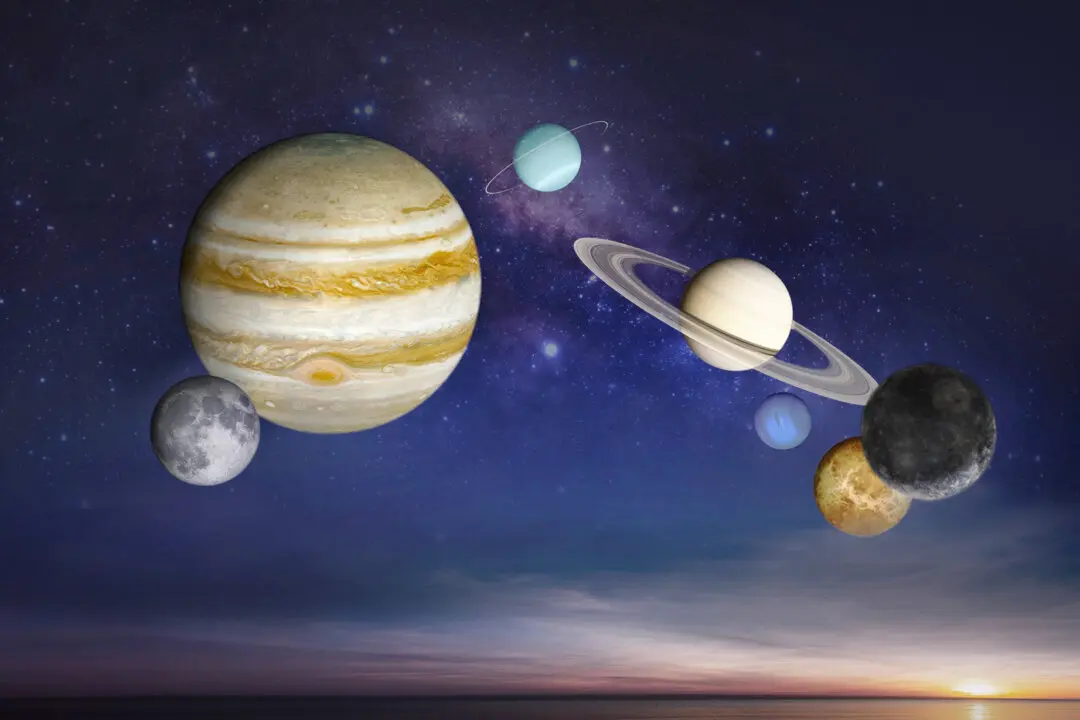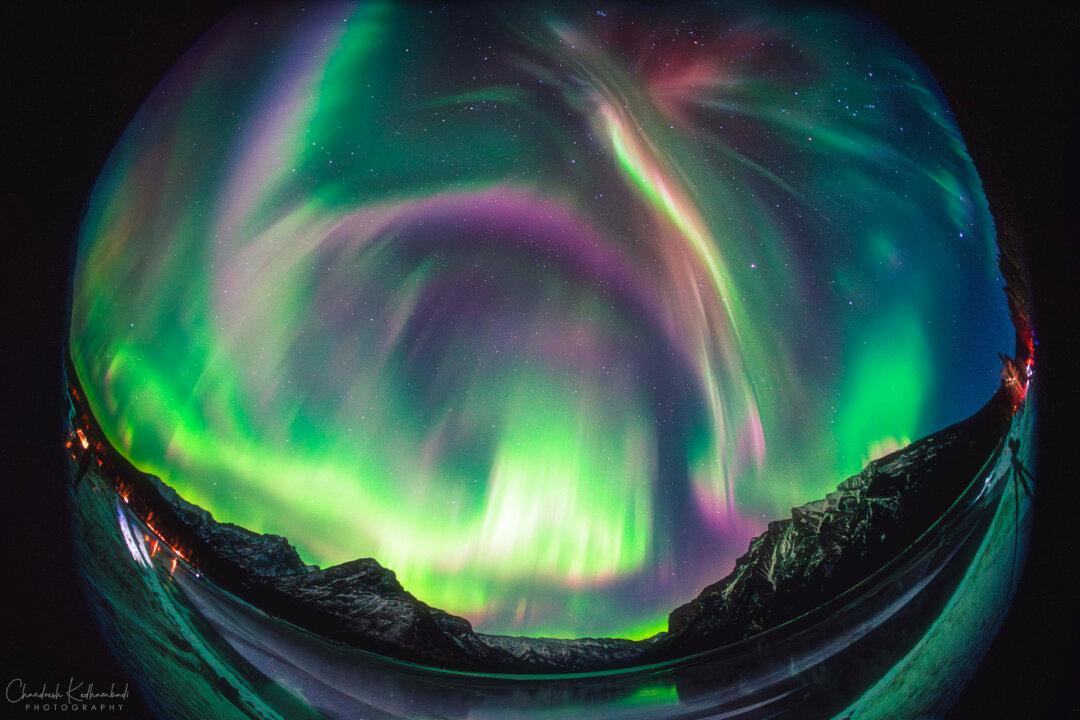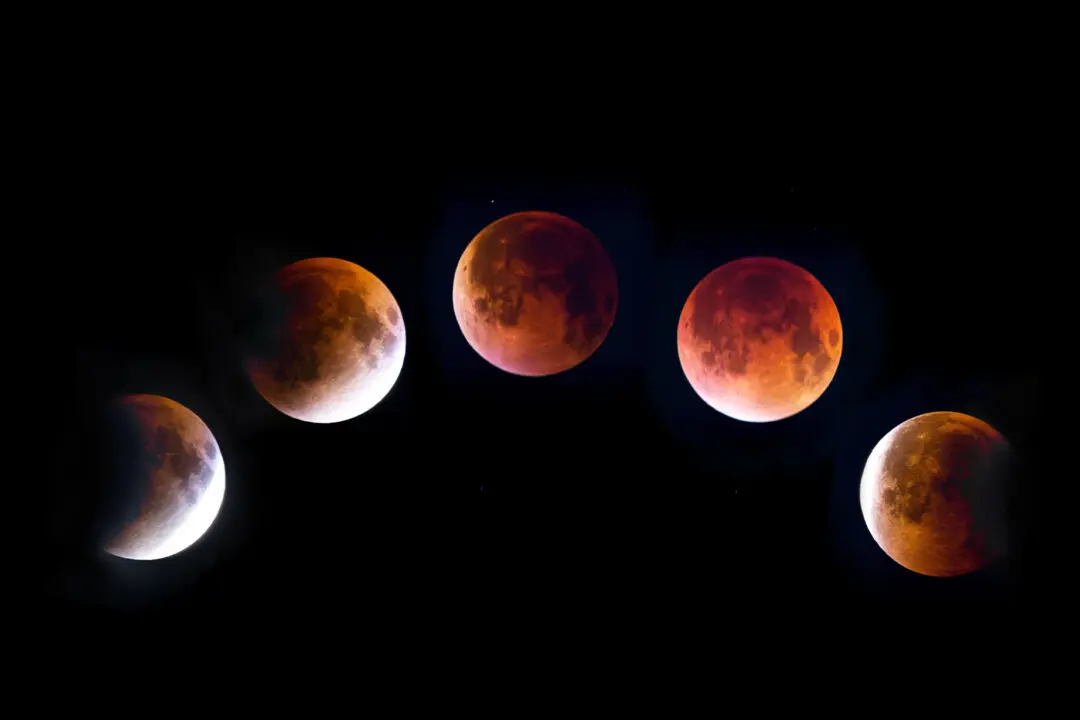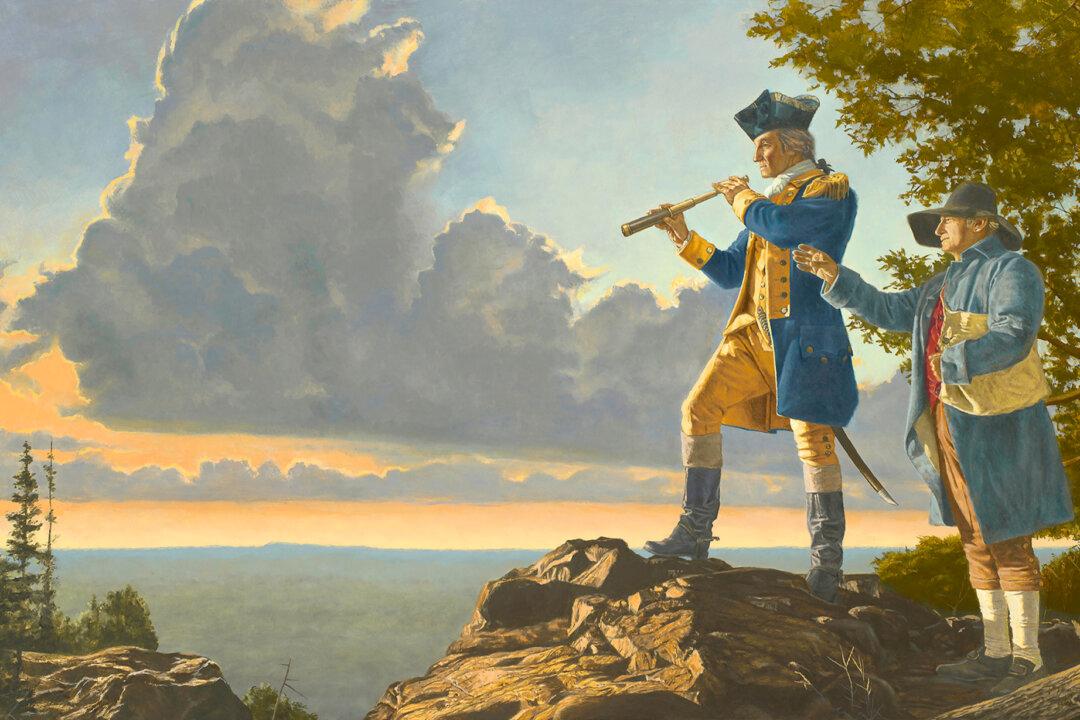He trudged on through the bitterly cold Yukon woods in his snowshoes, determined to track down his elusive subject matter. Hiking solo, 55-year-old wildlife photographer John Marriott was set on photographing one particularly stealthy apex predator.
The odds and the elements seemed against him.
